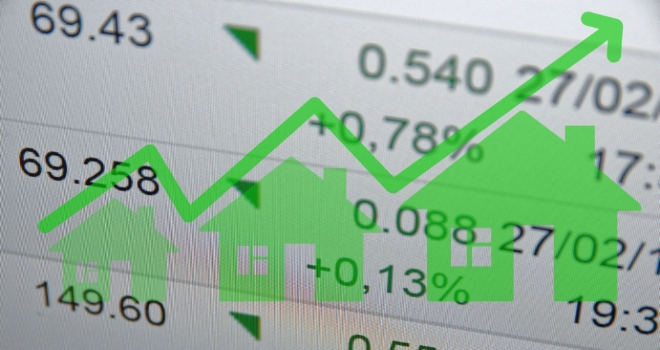
According to the report, the top performing region for the year was East Anglia - the first time the region has taken top spot since 2010, with average prices up 10.1% year-on-year in Q4.
London saw a further moderation in the annual rate of price growth to 3.7% from 7.1% in Q3. This is the first time since 2010 that London has not ended the year as the strongest performing region, according to Nationwide's figures, and the first year since 2008 that it has been below the UK average.
Robert Gardner, Nationwide's Chief Economist, commented: “The story of UK house price growth in 2016 was one of relative stability. Annual house price growth ended 2016 at 4.5%, the same as the rate recorded in 2015.
Looking ahead to 2017, house price prospects will depend crucially on developments in the wider economy, around which there is a greater degree of uncertainty than usual.
Like most forecasters, including the Bank of England, we expect the UK economy to slow modestly next year, which is likely to result in less robust labour market conditions and modestly slower house price growth.
But we continue to think a small gain - around two percent - is more likely than a decline over 2017 as a whole, since lowinterest rates are expected to help underpin demand while a shortage of homes on the market will continue to provide support for house prices."
Jeremy Leaf, former RICS residential chairman, said: "The Nationwide figures are interesting because they confirm what we have seen in previous recent surveys.
London clearly has suffered more in the price stakes than elsewhere in the country, a reverse of what we were seeing earlier in the year and for most of 2015. But for us it is the steep fall in number of transactions rand market accessibility, which remains a challenge particularly for first-time buyers, rather than the ups and downs of prices which is more important.
The real test for the market will come in the early new year when we see whether continuing low mortgage rates and lack of new and existing housing supply prove more relevant than uncertainty over unemployment, inflation and the wider economy post-Brexit."





